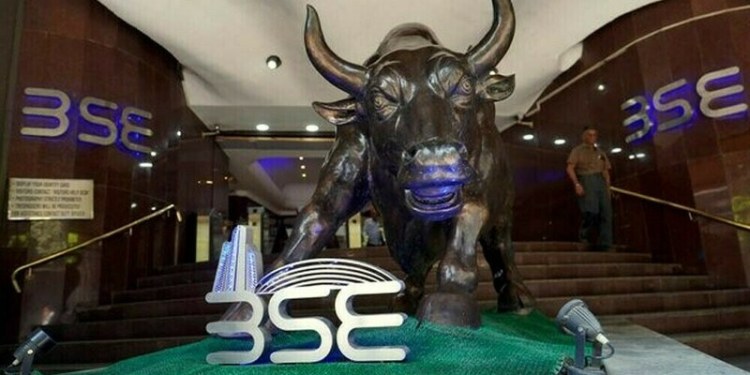* Heavy rainfall trims local output, lifts prices
* Tyre makers raise purchases of cheaper overseas rubber
* Domestic supplies seen tight until October on monsoon rains
By Rajendra Jadhav
MUMBAI, July 26 (Reuters) – India’s natural rubber imports are likely to jump by 50 percent July-September from a year ago as excess rainfall slashes production and boosts local prices, said the head of an industry body, forcing tyre makers to take cheaper overseas supplies.
Higher imports by the fourth biggest natural rubber producer would likely support global rubber prices, which are under pressure due to amply supply from top producer Thailand.
“Tyre makers have no choice but to import more. Local production is not sufficient to meet the demand,” said George Valy, president of the Indian Rubber Dealers’ Federation.
Some rubber farmers are also holding onto their stocks hoping for even higher local prices, exacerbating the shortage.
Imports could rise to 80,000 tonnes of natural rubber in the July-September quarter, Valy said. India imported 53,522 tonnes or rubber in the same quarter of 2012.
India’s natural rubber production fell 13 percent in June from a year ago to 54,000 tonnes against demand of 82,000 tonnes, the state-run Rubber Board said earlier this month.
But industry officials like Valy believe the drop in output was much bigger and that the board will revise its figure.
“Excessive rains since the start of June surprised everyone,” he said. “Farmers couldn’t put rain-guards, and since there are lower rain-guarded trees, there is a drop in tapping.”
Rain-guards keep rainwater from running into collection cups and damaging the collected latex, allowing tapping to continue.
India’s southern state of Kerala, which accounts for more than 90 percent of the country’s natural rubber production, received 40 percent more rainfall than normal since the beginning of the four-month monsoon season on June 1.
Thin supplies lifted rubber prices in India to 19,450 Indian rupees ($330) per 100 kg, an increase of nearly 10 percent in just a month and making imported supplies more attractive.
Thai RSS3 rubber for September was quoted by traders this week at $2.60 per kg. Malaysia’s SMR20 grade was at $2.30 per kg.
The sudden rise in local prices will hurt tyre makers like JK Tyres, Apollo Tyres, Ceat and MRF and may force them to raise tyre prices, said an official at Automotive Tyre Manufacturers Association (ATMA).
Tyre makers are mainly buying Malaysia’s SMR20 grade and have already signed deals for August and September shipments, said the official.
CHEAPER IMPORTS
“The gap between local and overseas prices is rising every day,” said N. Radhakrishnan, a dealer and former president of the Cochin Rubber Merchants Association.
“Some farmers are not releasing stocks expecting further rises in prices, which is making the shortfall severe. Tyre makers have to somehow fulfil their requirement, so they are importing,” Radhakrishnan said.
Supplies are likely to remain tight until October, when the country enters the peak production season, which lasts until the start of February, industry officials say.
“Higher production will bring down the difference between local and overseas prices and ultimately tyre makers will start cutting imports,” Radhakrishnan said.
In April, industry officials were expecting the country’s natural rubber imports in 2013/2014 to fall by a quarter, the first drop in five years, as demand stagnated due to a slowdown in the auto industry.
Now they are expecting imports to at least match last year’s record level of 217,364 tonnes.
“Exceptionally high rainfall changed the local supply scenario,” Valy said. ($1 = 59.12 Indian rupees)
(Editing by Tom Hogue)
Source: Reuters



























